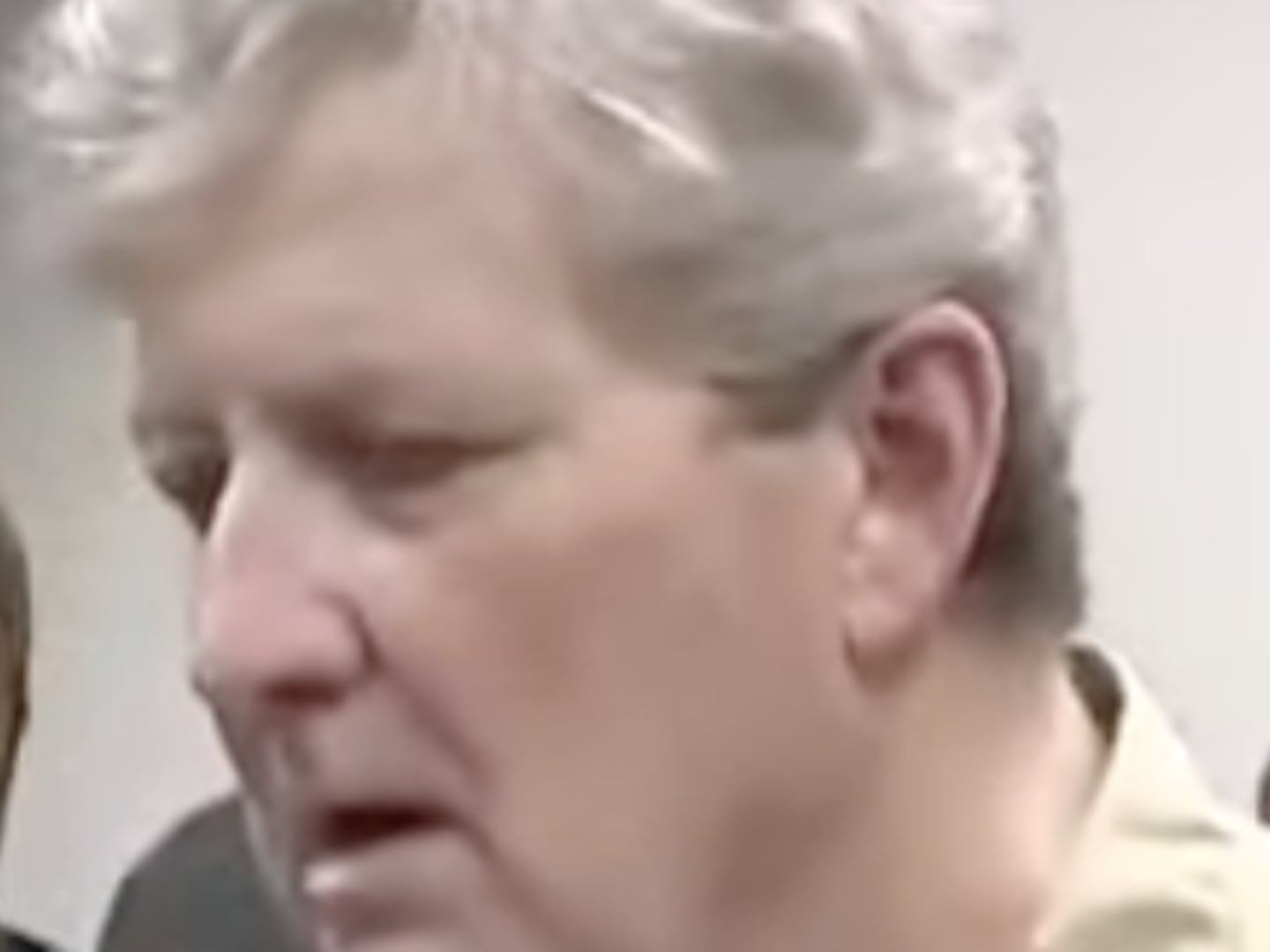U.S. News
Photo Illustration
Donald Trump’s Supreme Court Pick Would Kill the ‘Right to Remain Silent’ Warning
Firebrand
Lost in the “Second Amendment people” controversy was Trump’s point about Supreme Court justices. The one he wants is truly radical.






